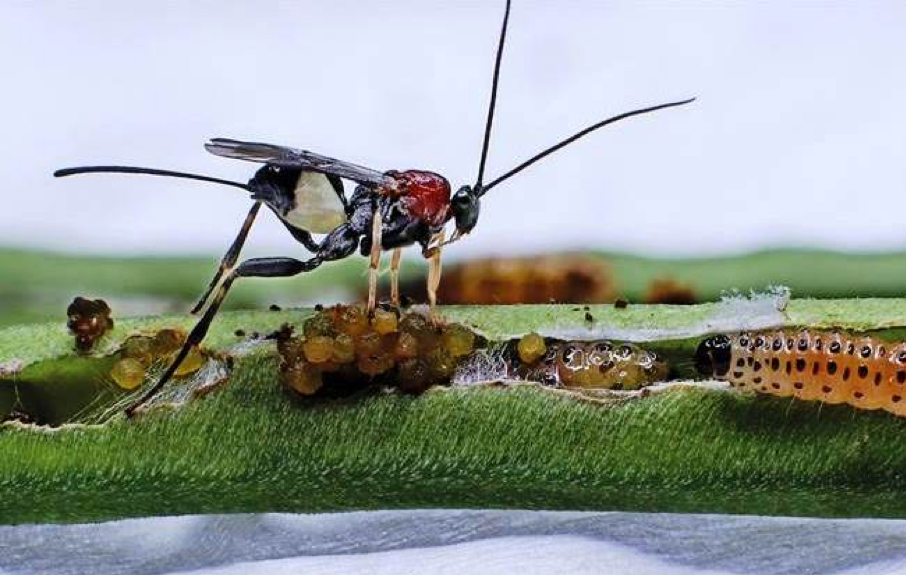Sustainable Insect Pest Management for Cowpea in West Africa
Location: West Africa
Contact: Dr. Manuele Tamo, International Institute for Tropical Agriculture, m.tamo@cgiar.org

Cowpeas are widely grown for human as well as animal food in the tropics and subtropics. Insects attack the cowpea plant during every stage of growth. Aphids, flower thrips, pod borers and bruchid weevils are all enemy to the cowpea. Of all the threats, the pod borer is the most destructive of pests accounting for up to 80% of crop loss.
Biocontrols use natural methods to controlling pests through active human interaction. This project is studying neem seed biopesticide solutions to controlling the pod borer. The neem tree is an evergreen which originated in India and was brought by Indian emigrants who took it with them to the places they settled. Neem trees and especially the seeds contain a natural pest repellent. The researchers have spent the past nine years exploring biocontrol releases and have found that treatments based on Neem seeds aqueous extracts gave yield increases of 346-806% compared to non-treated plots. This yield increase can dramatically impact smallholder farmers.
The project will be collecting data from previous activities to analyze the ecological impact on pod borer populations in Benin and Burkina Faso which can be used to guide large scale releases across the region. The release plan also includes the establishment of three community-based neem private units in Niger. These units will provide production and sale of the biopesticides along with farmer education programs including farmer field schools using animations and field demonstrations for training.
This integrated pest management system will reduce the need for chemical pesticides, lessening hazards to the environment and human health. Female cowpea farmers are expected to benefit greatly, as they traditionally have less access to conventional pesticides while the project will attract the youth as it implements a sustainable, non-chemical approach.
Want to learn more?
Rural Niger Women Find Opportunity and Hope through Innovative Business Model



